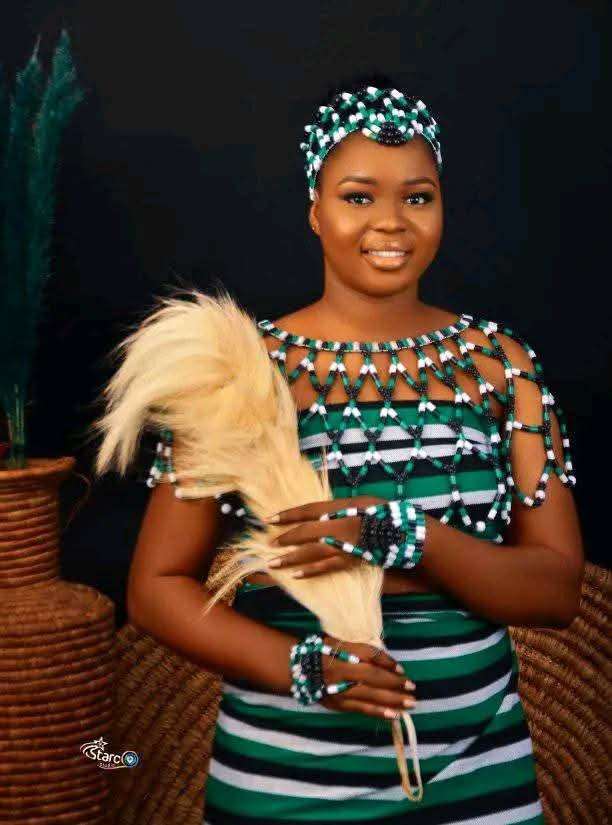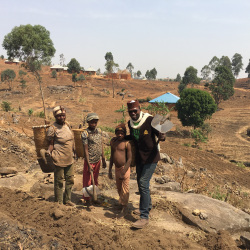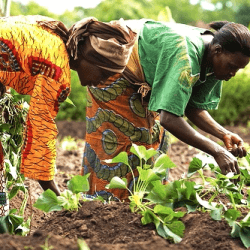The history of the Munga people is a testament to resilience, survival, and the preservation of cultural identity. From their mythical origins at the Tower of Babel to their migration through Arabia and Africa, the Munga have faced numerous challenges but have managed to adapt and thrive in new environments. Their journey into northern Nigeria and eventual settlement in Taraba State represents a continuation of their long and storied history. The Munga people, alongside other ethnic groups, contribute to the rich cultural diversity of Nigeria and remain a vital part of the nation’s history.
1. Tracing the Origins of the Munga People
The Munga people are an ethnic group native to Karim Lamido Local Government Area in Taraba State, Nigeria. Their historical roots are deeply tied to ancient migrations, stretching back to the time of the Tower of Babel. The Munga’s journey from the Middle East to Africa and eventually into northern Nigeria reveals a complex story of survival, adaptation, and cultural preservation.
2. The Mythical Origins: The Tower of Babel and the Scattering of Tribes
According to oral tradition, the Munga people, like many ethnic groups in northern Nigeria, trace their origins to the scattering of tribes after the biblical event of the Tower of Babel. As humanity attempted to build a tower reaching the heavens, God confused their languages, causing the people to disperse across the earth. The Munga, along with many other groups, were part of this ancient migration.
3. Life in Arabia: The Munga at Yamen
After the scattering, the Munga people settled in Yamen, located in present-day Arabia. In this region, they lived as idol worshippers, following traditional beliefs and practices. However, during the rise of Islam, the Munga faced significant pressure from the ongoing Islamic revolutions that swept through the Arabian Peninsula. Those who did not convert to Islam were persecuted, which led the Munga to leave their homeland in search of refuge.
4. Migration into Africa: From Arabia to Lake Chad
Fleeing persecution, the Munga embarked on a significant migration through the Middle East and into Africa. They traveled through the sea canal north of Egypt and south of the narrow sea, eventually reaching Ethiopia. This migration was part of a larger movement of African tribes, many of whom would go on to form the ethnic diversity seen across the African continent today.

Upon reaching Africa, the Munga people, along with other tribes, settled around Lake Chad. Here, they settled on the northern bank, establishing a strong presence in the region. Over time, environmental challenges, including the shrinking of the Lake Chad water basin, along with population growth, forced the Munga and other groups to continue their westward migration.
5. The Great Migration: The Munga’s Journey into Northern Nigeria
The Munga people, along with several other ethnic groups such as the Bachama, Kanuri, Jukun, Kwararafa, and other subgroups like Dadiya, Bambuka, Waja, Gwomu, Lunguda, Loh, Zoh, and Panya, began their migration into what is now northern Nigeria. These groups, which share a common Niger-Congo language family, played a significant role in the cultural and linguistic landscape of the region.
The Munga people were among the first to settle in the northern part of present-day Nigeria, initially landing in the Bauchi area (now part of Gombe State) in a place called Tall Byak. As the Munga community continued to grow, they eventually made their way to the Karim Lamido area, where they are presently located.
6. The Meaning Behind the Name “Munga” and Their Identity
The name “Munga” is derived from the word “Mung’ahgha,” which translates to “Big River.” This name is a reflection of the Munga people’s historical relationship with water bodies, particularly their time by Lake Chad, which was crucial to their survival and way of life. Over time, “Mung’ahgha” was shortened to “Munga.”
Despite being known by this name, the Munga people refer to themselves as “Yah-Lelau,” which signifies their cultural identity. Their language, Nwah-Lelau, is a dialect within the Niger-Congo language family, further distinguishing them from other ethnic groups in the region.
7. Life and Culture in Present-Day Taraba State
Today, the Munga people continue to maintain their cultural identity in the Karim Lamido Local Government Area of Taraba State. The community has adapted to the changing social, political, and economic realities of modern Nigeria while preserving aspects of their traditional heritage. The Munga people continue to speak their native language, celebrate their customs, and uphold their unique cultural practices.



